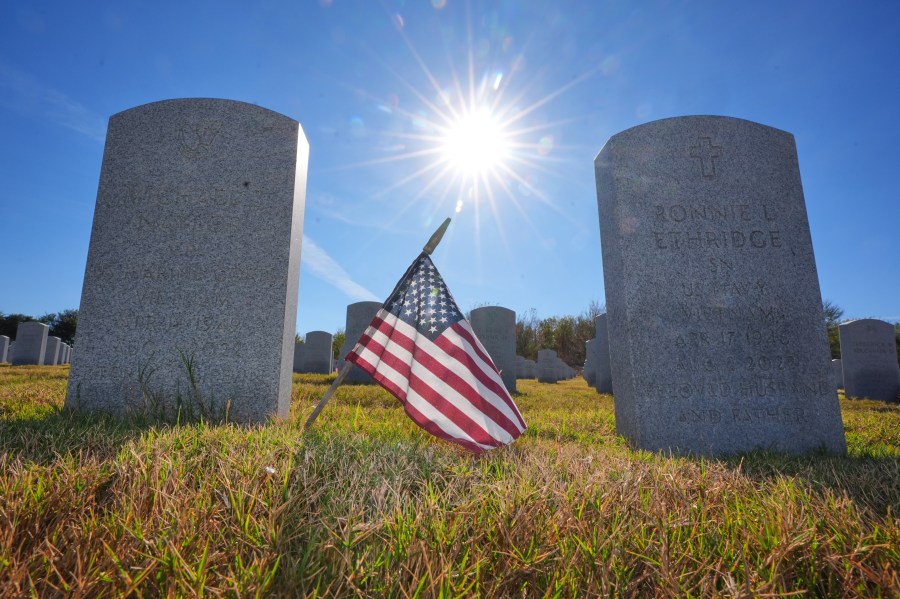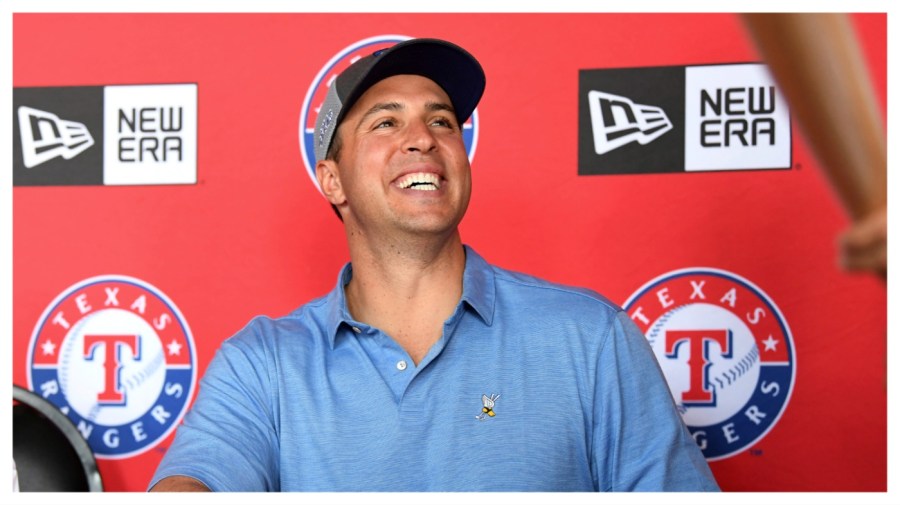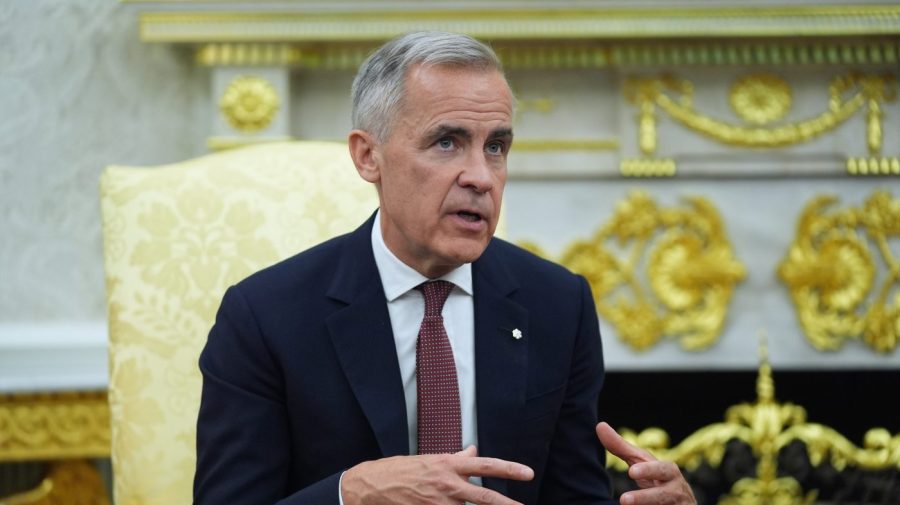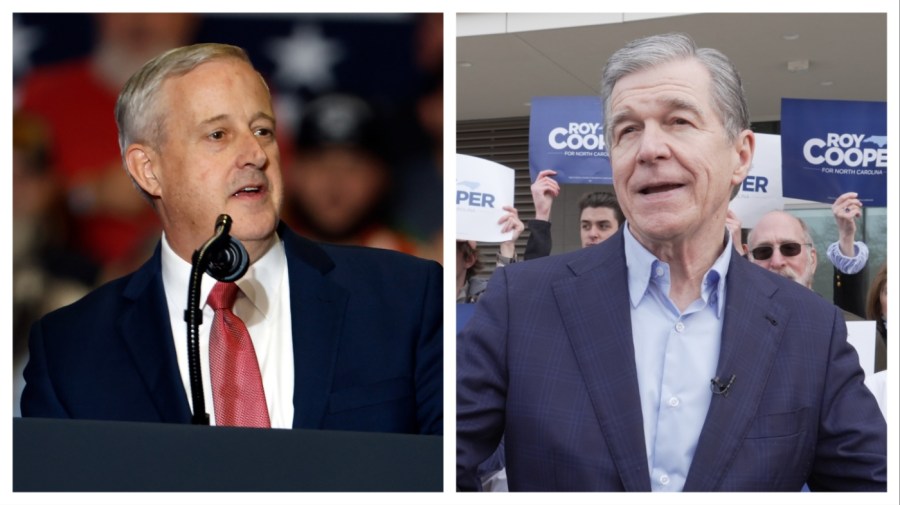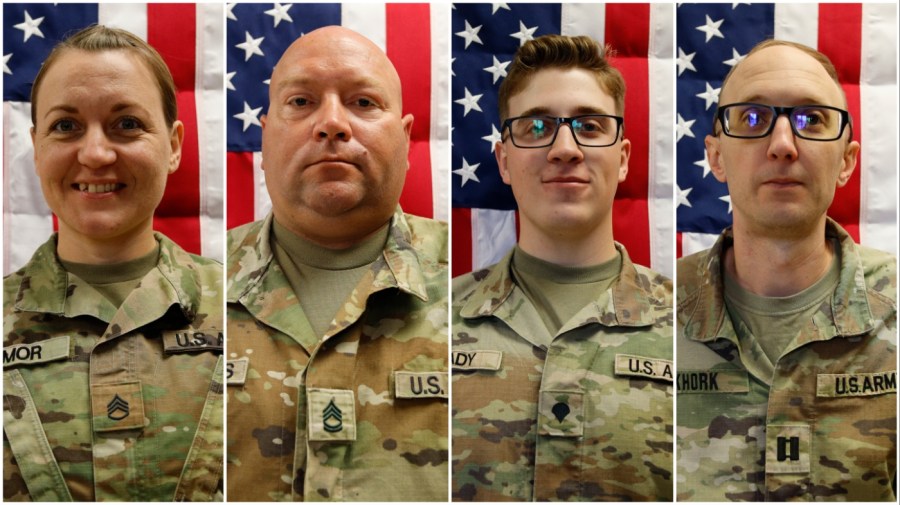
I did not serve in the army. As my father – a three-time Vietnam War veteran – liked to remind me, I “never missed a meal or heard a gunshot in anger.”
This makes my writing about Veterans Day seem a little presumptuous at first. But maybe that’s why citizens like me should speak out.
After all, Veterans Day isn’t just for those who served — it’s also for those of us who benefited from their service, and who want to give them something more than quiet appreciation.
Americans are often confused about the meaning of Veterans Day and Memorial Day. The latter is a day of mourning, dedicated to those killed in war. This is a serious time to silently acknowledge their sacrifices.
Veterans Day is different. It’s a celebration of gratitude for all who serve – a day to look living veterans in the eye and acknowledge what their willingness to serve means to the rest of us. It is a day when the stories of the country’s veterans are highlighted on a national level.
The holiday began in 1918 as Armistice Day, marking the end of World War I – a global catastrophe so devastating that H.G. Wells optimistically called it “the war to end all wars.” The war resulted in over forty million military and civilian casualties over 4 years – an average of 6,000 service members dying every day.
The US fought in that war for just over a year, yet suffered more than 300,000 casualties, including thousands who died from influenza. My grandfather, George S. Patton, Jr. – at the time a colonel and tank commander – was wounded in France that year. Coincidentally, he was also born on 11 November.
When President Gerald Ford redesignated the holiday as Veterans Day in 1978, the gesture broadened its meaning. As the Department of Veterans Affairs defines it, the day honors those who served for their “patriotism, love of country, and willingness to serve and sacrifice for the common good.”
Growing up, my parents placed more importance on sacrifice for service than service itself. We must honor all veterans – not just those who faced bullets, but also all those who raised their hand, took the oath and wore the uniform.
Service takes many forms and my grandfather understood this. In his famous addresses in the field, he often stressed the importance of each soldier: “Ordnance personnel are needed to supply the guns; the quartermaster is needed to bring food and clothing. Every last man in the mess hall, even the one who boils water to stop us [the runs]has a job to do.”
We often say that we can never repay the sacrifices of our veterans. Although this is true, it does not serve as an excuse for doing little or nothing. Veterans Day should remind us that gratitude is not optional. This is our civic duty.
What matters today are flyovers, parades, speeches and handshakes. So too is the work that is done year-round to support veterans’ mental and physical well-being, ease the transition to civilian life, and care for the families of those who have served. Most of all, we must listen to their stories – really listen to – the things they have been through.
He did his work. So in just a few days as we honor our veterans, we are reminded that it is our turn to do our part.
This Veterans Day, know that it’s your turn to do more than give the obligatory “thank you for your service.” Look into the eyes of an experienced person. Ask about his service. Be interested, not interesting. And really mean it. If you do this the veterans will know it, and I promise you will feel that appreciation in your heart.
Benjamin Patton is the founder and executive director of the Patton Veterans Project. He was World War II commander General George S. Major General George S. Patton, grandson of Patton, Jr. and a veteran of the Korean and Vietnam conflicts. Patton IV.







